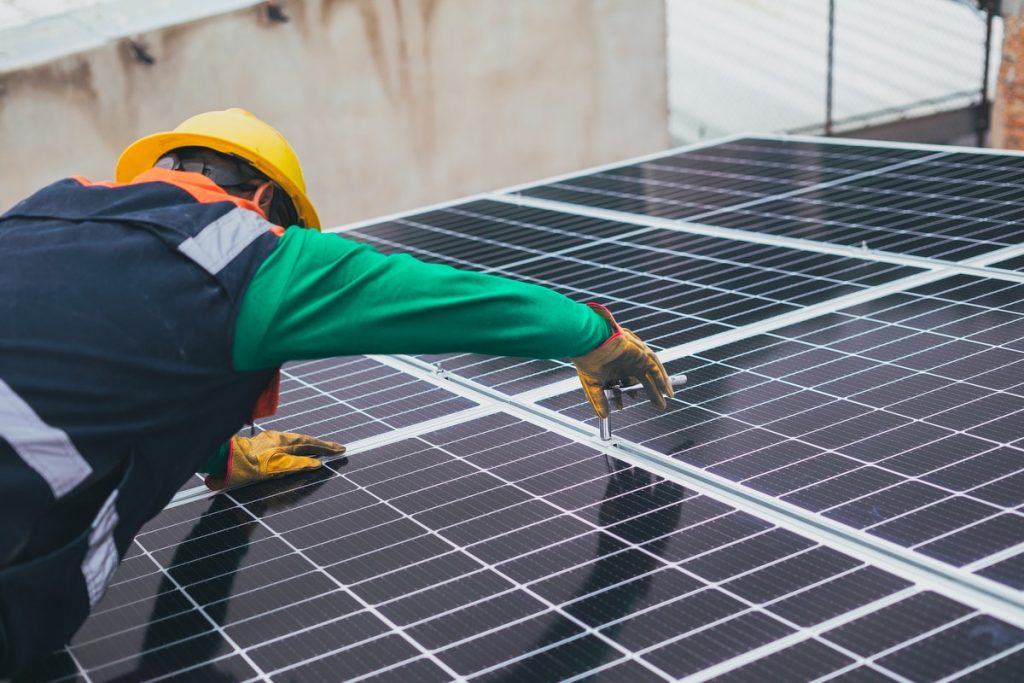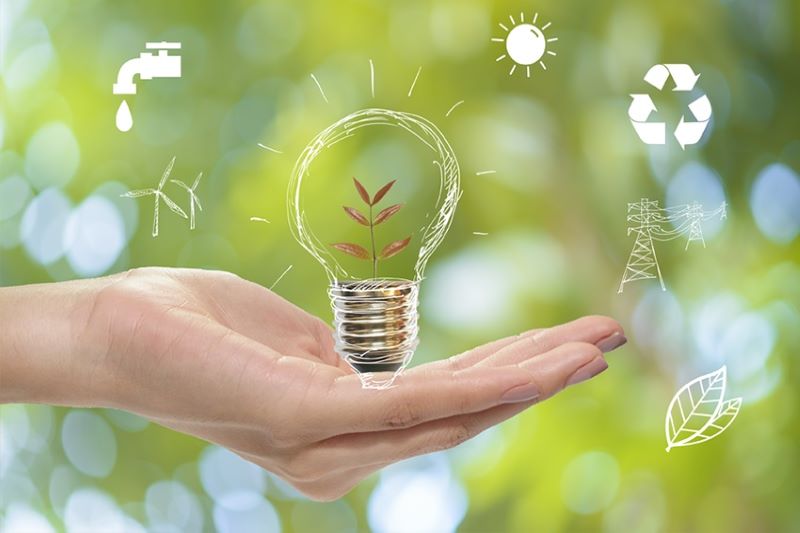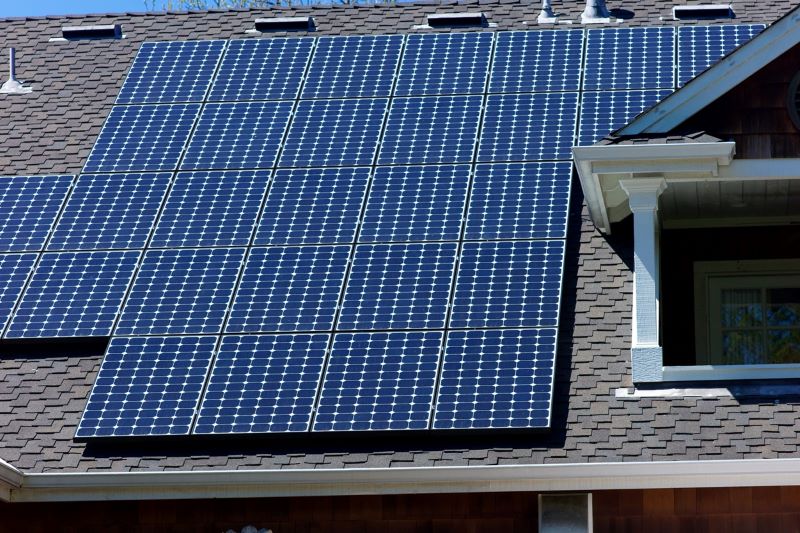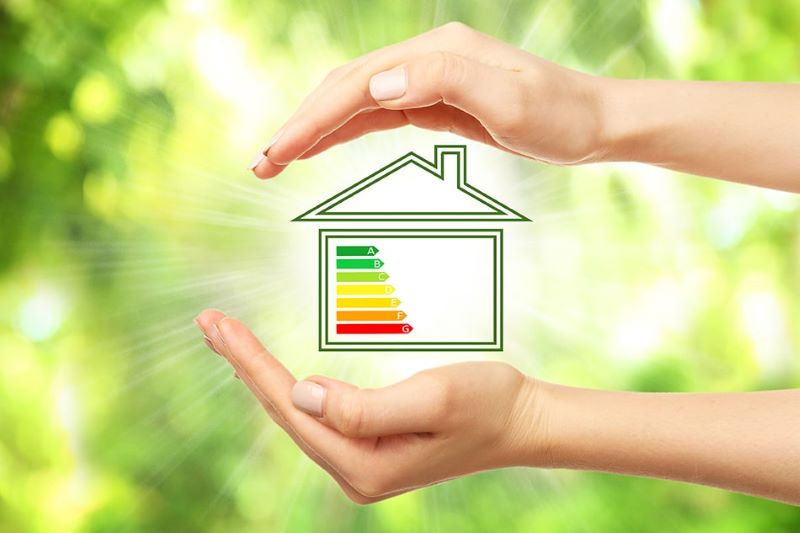Table of Contents
The advent of technology has undoubtedly provided ease and convenience to humans. However, during extreme seasons such as summer and winter, people tend to push their electricity bills to the limit. Fans and air-conditioning systems are at their maximum settings, and lights are always on even if not utilized.
While these practices may be seemingly harmless, excessive use of electricity can detrimentally affect the environment. Climate change has been the talk of the streets for years. With more people using electricity daily, in addition to excessive use, climate change has hastened.
It is time for you to be mindful of your electricity use and turn to more sustainable ways. One way to be more environmentally friendly is turning to solar panels. Solar panels are an excellent method to offset energy bills and, more importantly, lessen your home’s negative effects on the environment.
Are you planning to switch to solar panels? Here are some things you should consider before upgrading.
Things to Consider
1. Solar Panel Type
For decades, people have already been integrating and installing solar panels in their homes. This time and market competition have urged developers and companies to work on upgrades. People may now power their houses with various types of solar panels thanks to advancements in technology.
There are currently three main types of solar panels available in the market: monocrystalline, polycrystalline, and thin film. Each has its advantages and disadvantages. However, your preference and budget will ultimately determine the best option.
As these were the earliest versions of solar panels available, monocrystalline panels have become the most developed. Hence, they are the most efficient. Nevertheless, due to its advanced features, it can also give you a run for your money.
The polycrystalline kind is newer than monocrystalline. However, despite being younger, it is quickly gaining popularity among customers. As developers have only created this in more recent years, its efficiency is slightly lower, but the reduced price tag makes it an appealing option.
The last type of solar panel is the thin film, which is one of the most recent advances in solar technology. While its power output may not be as high as the other two and thus less efficient, its lightweight design and low price range are factors that allow for more excellent installation options.
2. Size of Panel
Solar panel technology has more potential and room for further improvement and development. As years go by and technology continues to advance, the current trends are more likely to change. Accordingly, because new types of solar panels will continue to pop up in the market and be commercially available, you will most likely need to make modifications over time.
While your house’s roof may have a lot of space, you should consider choosing the proper panel size for you. If you wish to prepare for panel modifications and additions, it is best to choose a smaller solar panel size when purchasing.
Furthermore, panels demand a more spacious overall space because they generate more energy per square meter. Hence, considering your solar panel’s size might assist you in planning your entire configuration arrangement in your roof or your designated panel space.
3. Suitability of Your Home
Before assessing which solar panel is best for your home, you should first consider whether your home is suitable for solar panels. Hence, you should be able to examine the key factors that make your home a good candidate for solar panel installation.
Knowing how much sunshine you get is the most crucial consideration. Solar panels work best in places that receive a lot of direct sunlight. Thus, if you live in an area with enough sunlight exposure, you can definitely get solar panels installed.
In addition to your area, you should examine how much sunlight your roof receives if this is where you plan to put your panels. Is your roof exposed to sunlight during the hottest hours of the day? Or is your roof under the shade of tall trees and buildings?
Certain rooftops are also more suited for solar panel installation than others. The age and durability of your roof may influence your selection. You want your roof to keep up with solar panels since they can last up to 40 years.
Remember that if you require a new roof after installing the solar boards, you will be required to have a solar technician remove the entire system and then replace it. Thus, more money is at stake.
4. Benefits of Switching to Solar Panels
Are you already thinking of switching to solar energy? If you are, you will be able to reap the benefits of shifting to solar panels.
Switching to solar panels is beneficial to the environment, and hence, beneficial for everyone. When compared to other energy sources, solar energy has the most negligible detrimental influence on the environment. It emits no greenhouse emissions, thus, does not contribute to the acceleration of climate change.
Furthermore, while you help the environment, you will also get to save money. With solar panels, you will need less power from the utility provider if you generate your own. Thus, it will result in instant savings on your energy cost due to the electricity bill cuts.
In addition, you may also earn money by selling the unused power you generated back to the grid. Some electricity companies pay solar panel owners for their sold new energy, which other electricity consumers will utilize.
On top of the electricity bill cuts and the money savings, some tax reforms and laws also give back incentives to solar panel owners. When you submit your taxes, you will receive a federal income tax credit equal 30% of the total system expenditures for equipment and installation.
Hence, even though you spend a lot on installing and purchasing solar panels, you will eventually be able to gain back the money spent. You may even increase the value of your green investment by taking advantage of available solar panel grants.
Key Takeaways
Excessive energy use can be harmful to the environment. Switching to solar panels that lessens carbon footprint is a sustainable way of consuming electricity.
Solar panels are growing more popular, but they are not suitable for every home or budget. Hence, before even thinking of switching to solar energy, remember what you need to consider, as outlined in this article.
If you deem your home suitable for solar panels, eventually, after careful shopping, you will be able to thrive in the benefits of solar panels.








